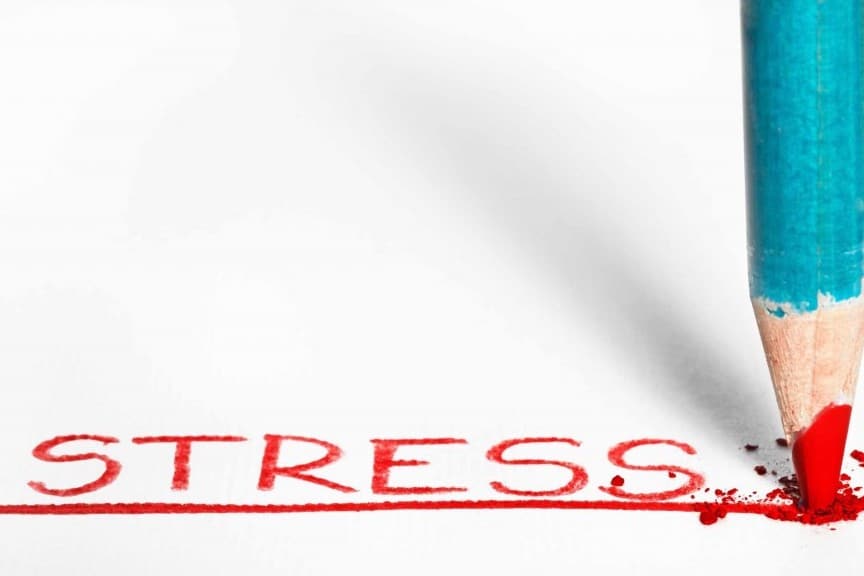
On a symbolic level, the coming of September signifies the end of summer. For most of us, our “rest and restore” batteries are charged, but our carefree summer schedules will soon be replaced by new routines and responsibilities. Even for people who don’t have kids, the “back to school” mindset can awaken anxieties of long ago about returning to school. As the weather gets cooler and the air crisper, our memories of summer fall into the distance, our energy depletes, and the balance of our mind and body scale begins to tip. Too much stress, unchecked, can lead to illnesses because of a compromised immune system, or emotional issues such as depression and anxiety. Therefore, how stress is managed is important
Last week I presented a “self care basics” workshop to a large group of elementary school teachers as part of their “back to school” curriculum. I hope that the same information that I shared with the teachers, will also help set you up for success at the beginning of the school year. . To prevent the seasonal slide, there are a few strategy basics that you can implement to stay ahead of stress:
1) Get Organized
Whether it s your closet, meal planning, or time schedule, get organized to set yourself up for success and stay grounded. Technology can be of great help in keeping your schedules. Personally, I use Outlook and I color code my schedule according to overarching categories (such as work, family, each child, etc.) It is a fact that we get busy, our self care slides, so it is equally important to make a category for scheduling your own self café needs. I code mine “TFT”, or “Time for Trish”. In this bucket, I include time for meditation, exercise and personal appointments. It has really been helpful, and makes me stick with a commitment to caring for myself.
2) Take Care of Your Health and Well-Being
a) Get enough sleep: Failing to get an adequate amount of sleep builds up over time and impairs your memory, concentration, and decision-making ability. It also makes you more likely to become frustrated and angry at minor difficulties and inconveniences.
o Stick to a regular sleep schedule. Waking up early some days and late other days causes stress on your system.
o Figure out how many hours of sleep you need each night and make sure you get it. If you wake up to the sound of your alarm clock, instead of waking up by yourself, then you are not getting enough sleep. Most people need 6-9 hours of sleep each night.
b) Eat healthy foods: What and when you eat will affect your mind and body’s ability to cope with the stresses of everyday life as a student.
o Eat breakfast every day. This will give you the energy you need to get started in the mornings.
o Get as many fruits and vegetables as you can and avoid too much fat, sugar, and alcohol (all of which can be detrimental to your mental and physical health).
c) Get regular exercise: Exercise leaves you feeling alert and relaxed. If done regularly, it reduces tension, anxiety, and depression.
o Set aside at least 30 minutes 3 times per week to exercise.
o Find exercises that are enjoyable and make them part of your weekly routine.
3) Listen to your Body
The body acts as an early warning system, and people who pick up on its signals are more resilient. In fact, a new study in the journal, Biological Psychology, suggests that people with better body awareness tend to feel less stressed. Stress leads to a physiological response, such as increased heart rate, shallow breathing, sweating, changes in digestion and sleep, etc. By using the power of self awareness by asking yourself a few key questions throughout your day, you can quickly reset your nervous system and find your balance once again.
For example:
• Where is my breath? Is it shallow or deep? Deep is best!
• Where do I feel tension?
• What does by body need (Am I hungry?, thirsty?, tired? , or need to use the bathroom?)
Most people don’t give much thought to their own self-awareness., yet being aware of yourself is an absolute requirement for being able to make yourself and your life happy, healthy and strong. Self awareness is a prerequisite for choice and control, so listen deeply and follow your body’s own leads to meet your needs.
4) Don’t Overcommit
It is easy this time of year to feel excited about committing to new obligations with the new found time resulting from schedule changes and children in school. It’s a simple fact that you can never be productive if you take on too many commitments — you simply spread yourself too thin and will not be able to get anything done, at least not well or on time. Before you leap in, think of all the “what if” scenarios that could possibly steal your time. Realize that the
sometimes saying “no” can actually help alleviate stress in the long run.
Here are four ways to say no:
• The Gracious No: “I really appreciate your asking me, but…”
• The Apologetic No: “I wish I could, but…”
• The Simple and Direct No: “Thank you very much, but…”
• The Leave the Door Open: No: “I’d love help, but my schedule is full right now, but…”
While it is not possible to eliminate stress, the best we can do is to reduce our stress levels. The above tips are just a few that will allow the transition into this busy time of year to be easier, and brighten our outlook on change. Remember, “self care is not selfish”, and self awareness reminds us of the necessity for us to fill our cups first before we give to others. Best wishes for finding an easy summer feeling year round!
If you have any questions on this information or would like help learning stress management techniques, please contact Trish Hart, stress management specialist, lecturer and instructor at the Center for Integrative Counseling and Wellness and Hart Mind Body Solutions at www.trishhartyoga.com or hartmindbodysolutions@gmail.com.








Leave A Comment